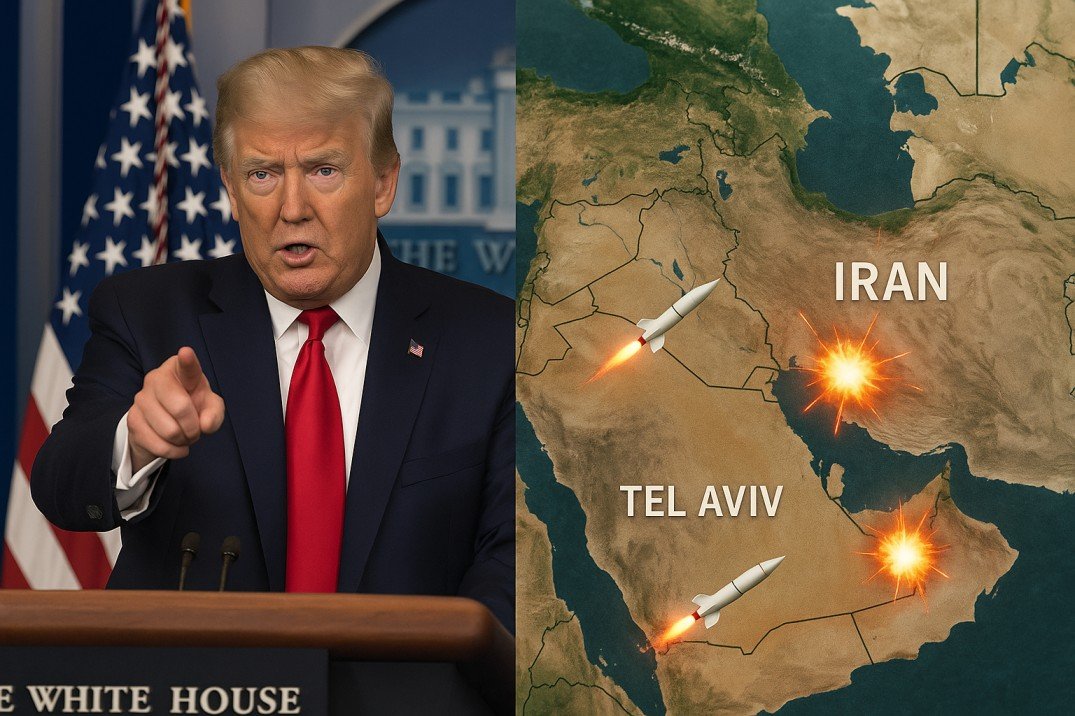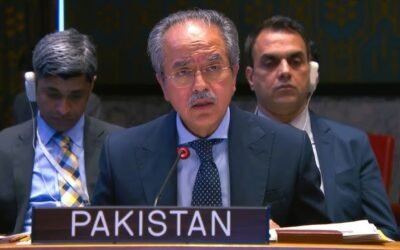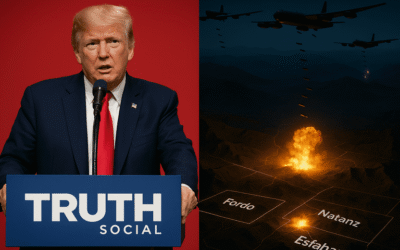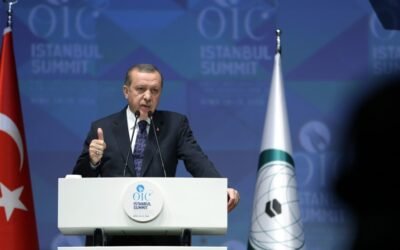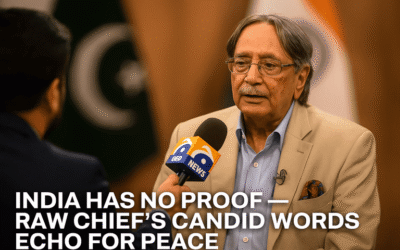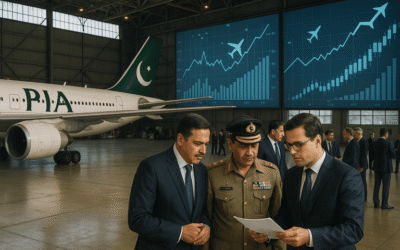Trump: “Europe Can’t Help in This”
Speaking to reporters in Morristown, New Jersey, Trump made it clear that he does not believe Europe has any real influence over Iran’s actions. He stated bluntly, “Iran doesn’t want to speak to Europe. They want to speak to us. Europe is not going to be able to help in this.” The statement comes after high-level meetings in Geneva between Iranian officials and foreign ministers from Britain, Germany, France, and the European Union, which failed to yield any breakthrough.
Trump has given Iran a two-week ultimatum, warning of possible U.S. air strikes if Iranian aggression continues. According to sources, a national security meeting on Iran was held at the White House on Friday, with Trump and top aides discussing military and diplomatic options.
U.S. Considers Strike, Qatar Plays Mediator
In a parallel track, U.S. special envoy Steve Witkoff remains in regular contact with Iranian counterparts, both directly and via Qatar. While military action remains on the table, efforts through diplomatic intermediaries like Qatar hint at a possible de-escalation path—albeit a narrow one.
Despite mounting casualties and destruction, Iran has shown no indication that it will cease its missile barrage unless Israel halts its air strikes. On Friday, Iran launched another wave of missiles toward Tel Aviv and Jerusalem, intensifying the conflict. Iran’s military has also confirmed the use of hypersonic missiles against Israeli targets, signaling a dangerous escalation in weaponry.
Iran Holds Its Ground: No Talks Until Bombing Stops
Iranian officials remain firm in their stance: no talks until Israeli aggression ceases. President Trump’s suggestion of European irrelevance aligns with Tehran’s view. European diplomats confirmed that the Geneva talks ended with little to no progress, further validating Trump’s statement.
Still, French Foreign Minister Jean-Noel Barrot struck a more hopeful note, saying, “The Iranian Foreign Minister has expressed his willingness to continue discussions on the nuclear program and more broadly on all issues.” He urged Iran to engage with the U.S. to reach a negotiated settlement, a call echoed by other European leaders.
UN Chief Calls for Peace
UN Secretary-General Antonio Guterres issued a sobering statement on Friday, urging all sides to “give peace a chance.” Addressing both the immediate belligerents and the broader international community, Guterres emphasized the danger of unchecked escalation. His message was seen as a veiled appeal to the U.S., which is considering entering the conflict militarily in support of Israel.
Asim Munir Joins U.S. Discussions
In a noteworthy development, Pakistan’s Field Marshal Asim Munir reportedly discussed the Iran-Israel situation with President Trump. While details of their conversation remain under wraps, the inclusion of a key military leader from a major Muslim nation underscores the potential for regional alliances to form, either in favor of de-escalation or conflict.
Heavy Toll on Both Sides
The human cost of the Iran-Israel war continues to mount. According to Iran’s Human Rights Activists News Agency, Israeli air strikes have claimed the lives of 639 Iranians, including military commanders and nuclear scientists. Iran’s counterattacks have reportedly killed at least two dozen Israeli civilians, although Reuters notes that these figures could not be independently verified.
While Iran insists its nuclear program remains peaceful, Israel has launched strikes targeting nuclear infrastructure, citing fears of an Iranian bomb. The Begin Doctrine—Israel’s long-standing policy of preemptive strikes against nuclear threats—has been reactivated with full force.
The Clock Is Ticking
Trump’s two-week window presents a critical moment for diplomacy. With the air war intensifying and the possibility of U.S. intervention on the horizon, the stakes could not be higher. Europe’s role appears increasingly symbolic as both Tehran and Washington sideline the continent in favor of direct engagement—or confrontation.
The next fortnight will likely determine whether the region steps back from the brink or plunges into a broader, more catastrophic war.

